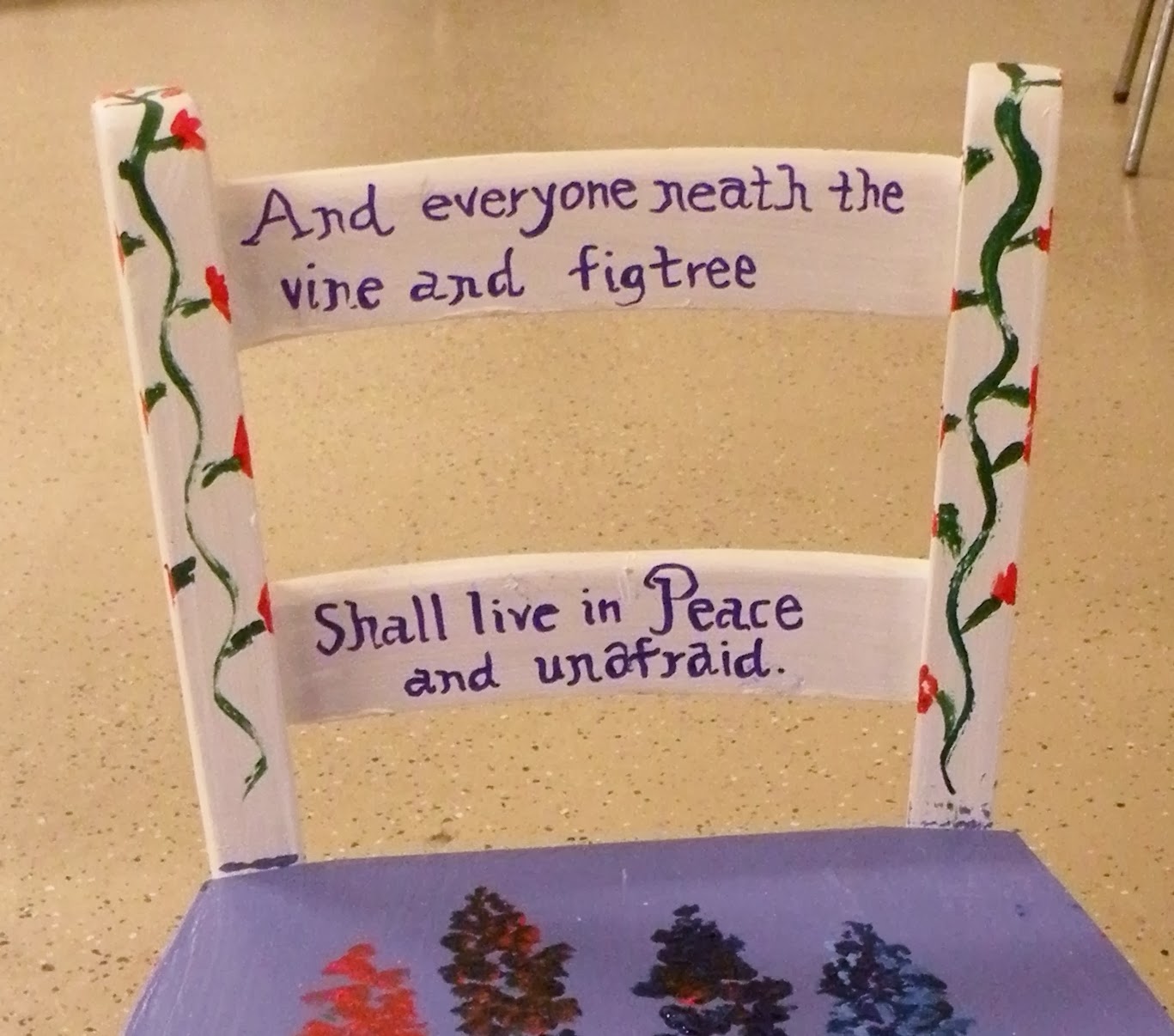Sometimes I am a slow learner. It seems that signficant trends can just pass me by. For example, when did all responsible moms start making their children wear helmets when riding their bikes. I missed that memo entirely.
Similarly, when I read about our current storm, "Storm Ion," I wondered, "When on earth did we
start naming winter storms?"
Naming Winter Storms
Hurricanes and tropical storms have been
given names since the 1940s. In the late 1800s, tropical systems near
Australia were named as well. Weather systems, including winter storms,
have been named in Europe since the 1950s. Important dividends have
resulted from attaching names to these storms:
- Naming a storm raises awareness.
- Attaching a name makes it much easier to follow a weather system’s progress.
- A storm with a name takes on a personality all its own, which adds to awareness.
- In today’s social media world, a name makes it much easier to reference in communication.
- A named storm is easier to remember and refer to in the future.
I remember
The Blizzard of '78, our first winter in Elkhart County. But apparently winter storms only got these kinds of tags in hindsight.
Names are handles of meaning and markers, creating, in the case of winter storms, an illusion of control over the power of new weather extremes. Before the winter season a high school Latin class helped to choose names and put them in order. Then it becomes interesting to see how the name suits the storm as it blows across the country, just as the chosen names we have for our newborns must find the right fit on our tongues, the right adaptations. Evelyn becomes Eve.
How do Ion and Epiphany name each other? I love that "cows' way" is part of the sense of "going" or "to walk" in the long list of "ion's" history as a word. Here we are, going along the cows' way, the stable way, and POW! something appears! Epiphany! Light!
Online Etymology Dictionary, © 2010 Douglas Harper
Epiphany, a "striking appearance" is described in Matthew's gospel, as the story of the magi is spun. It is as much the discovery of the child, Jesus, as the discovery of a way to go, an ION, a deeper than physics attraction for what we treasure and risk in life.
For the seekers of Jesus in the circle in which Matthew's gospel story was told (Matthew 2), here was a way in to the new circle of meaning and solidarity:
Look for cosmic signs accessible to anyone in any land.
Follow them.
Find companions on the way.
Do not trust rulers who guard power with deception and terror.
Listen to the inner cosmos of dreams for wisdom that saves.
Leave behind the best you have to offer.
Return by another way.
Tell the story.
Word Origin & History -- epiphany
c.1310, "festival of the manifestation of Christ to the gentiles" (celebrated Jan. 6; usually with a capital -E-), from O.Fr. epiphanie, from L.L. epiphania, neut. pl. (taken as fem. sing.), from Gk. epiphaneia "manifestation, striking appearance" (in N.T., advent or manifestation of Christ), from epiphanes
"manifest, conspicuous," from epiphainein "to manifest, display," from epi- "on, to" + phainein "to show" (see phantasm). Of divine beings other than Christ, first recorded c.1667; general literary sense appeared 1840, first in De Quincey.
It is not easy to follow the signs of the heavens. I don't know about you, but I know very few of the constellations. I do not know how to follow them or how they move through the seasons. We have lost the darkness that allows us to see the bright shining planets and falling stars.
And then there are the new signs in the sky, streaks of straight and crossing lines. Some would claim that the military research that goes on in the ionosphere, called
HAARP, makes one more contribution to human disruption of long standing cosmic patterns -- weather.
 |
| Morning sky over Florence Church, October 2013 |
It is hard to read the signs of the times. And dangerous lest we fall under into the influence of terror in one form or another and forget to be GOING, on the way, the cows' way, down to earth, with Emmanuel, God with Us.
And so on this day of worship -- at home on Epiphany in the midst of Storm Ion -- we pray:
God of gold, we seek your glory:
the richness that transforms our drabness into color
and brightens our dullness with vibrant light;
your wonder and joy at the heart of all life.
God of incense, we offer your our prayer:
our spoken and unspeakable longings, our questioning of truth,
our searching for your mystery deep within.
God of myrrh, we cry out to you in our suffering:
the pain of all our rejections and bereavements,
our baffling despair at undeserved suffering, our rage at continuing injustice:
and we embrace you, God-with-us,
in our wealth, in our yearning, in our anger and loss.
Jan Berry in Imaging the Word, vol. 3, Susan A. Blain, ed. (p. 115)

















